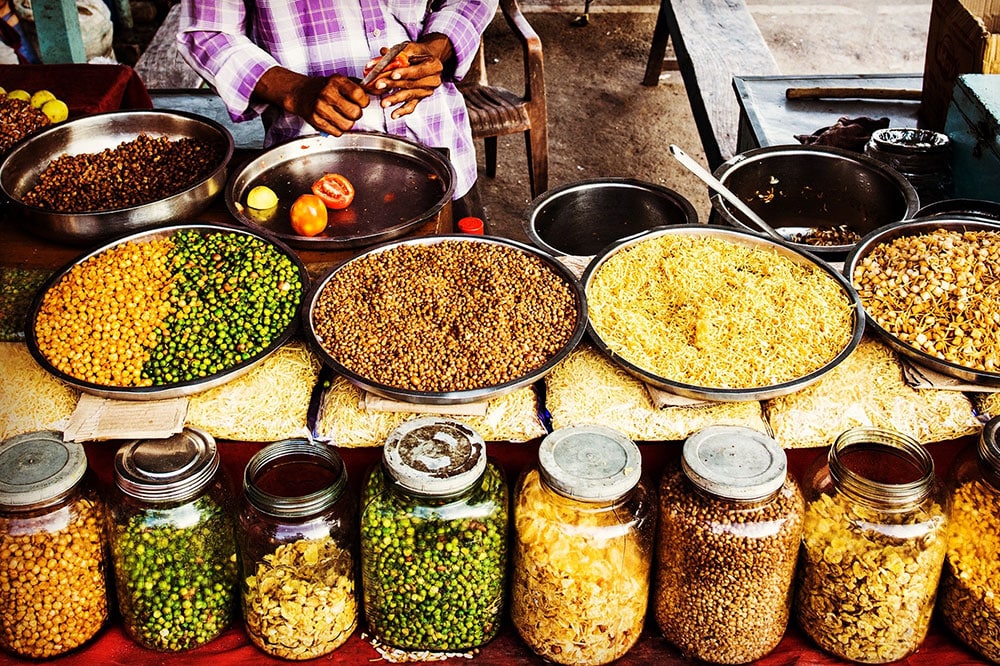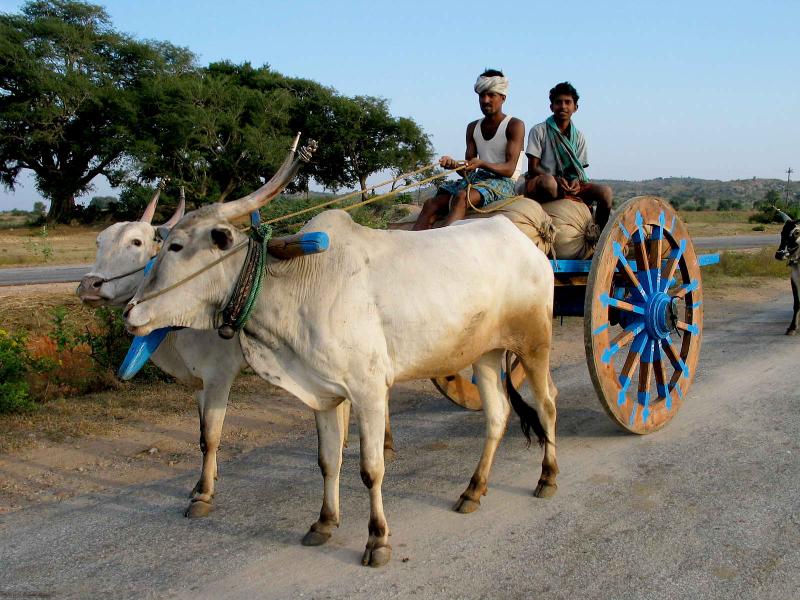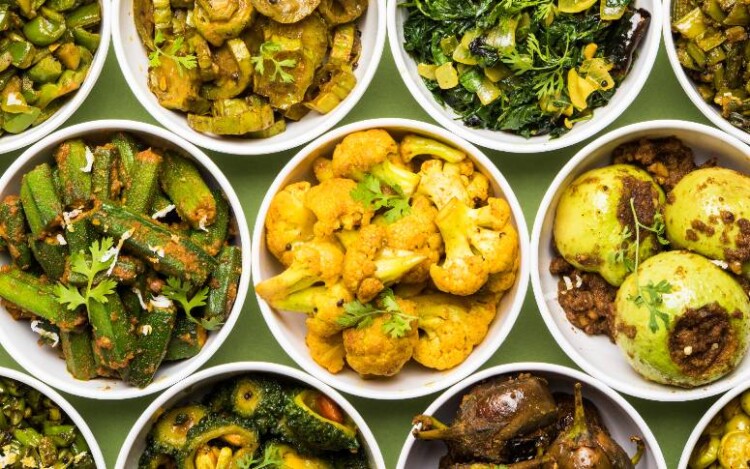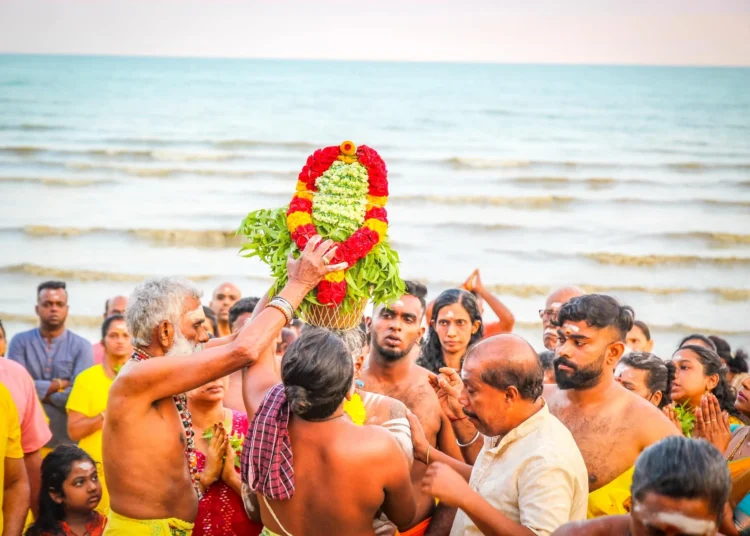While Hinduism has various traditions and cultural rituals, it is also known for its food varieties. In fact, personally, I suggest that Indian food is the most popular for its diversity.

You go to a restaurant with a banana leaf and will be delighted to see so many food choices with different colours and flavours. In point of fact, we can notably see so many people of different races queuing up way before you during the lunch hours. Thus, you must hurry though, otherwise, you’ll be missing the best choices lined there. Never once, I came back home, without a food coma, from a banana leaf restaurant.
Indians have one of the finest cuisine worldwide due to the variety of food, spices and dishes that originate from India.
But this is just one part of the Indian diet, specifically in Malaysia and Singapore. That being said, there are also Indians who are vegans that don’t even eat egg.
Well, why you ask?

They are practising non-violence against all aspects of life, including animals since they believe that an individual should eat to benefit with greater consciousness of the world around them.
According to legend, ancient and medieval Hindu texts prescribe an easily digestible and ahimsa diet (non-violence). Their diet may or may not include eggs and dairy products, which they believe is in harmony with nature, compassionate, and considerate of other life forms.
However, it is promising that their vegetarian food is equally as tasty as their non-vegetarian food and has many health benefits.
In addition to Hinduism, Buddhism and Jainism also support Ahimsa, as these religions believe in the fundamental unity and reincarnation of all beings.
The concept of ‘karma’ states that if a living being lives its life ‘correctly’ – such as by eating vegetarian food – it will be reincarnated at a higher level, and if it lives its life ‘incorrectly,’ it will be reincarnated at a lower level, such as an insect. As a result, even insects are considered to be capable of possessing the human soul.
Jains have a pretty stringent dietary code that doesn’t eat root vegetables among other things, since roots and bulbs are vital to maintaining the plants alive and pulling them out of the ground can kill soil-living insects. Most Buddhists aren’t vegetarians, but they think killing animals is totally wrong.

Hindus reverberate Cows in particular because they effectively transform the fodder into milk, manure and fuel dung, and pull pulleys and carts. That’s why many omnivores have avoided beef conventionally.
Over the years, renowned figures from Emperor Ashoka and Chaitanya Mahaprabhu to Mahatma Gandhi have been actively promoting a meat-free diet. The notorious incident of tallowed cartridges, a factor in the 1857 Great Mutiny, has demonstrated the cultural sensitivity of vegetarianism in India.
However, there is also a geographical factor to be considered, that in India since 1000 BC, vegetables, grains and harvests have been growing abundantly, according to some historians more than elsewhere in the world. In a densely populated country, it makes sense not to use it as pasture but to use every piece of valuable ground to produce food products.
But do you think these are the only reasons behind Indians being vegetarian? If you think there are other reasons as well, do let us know in the comments section below.
Follow us on Instagram, Facebook or Telegram for more updates and breaking news.








